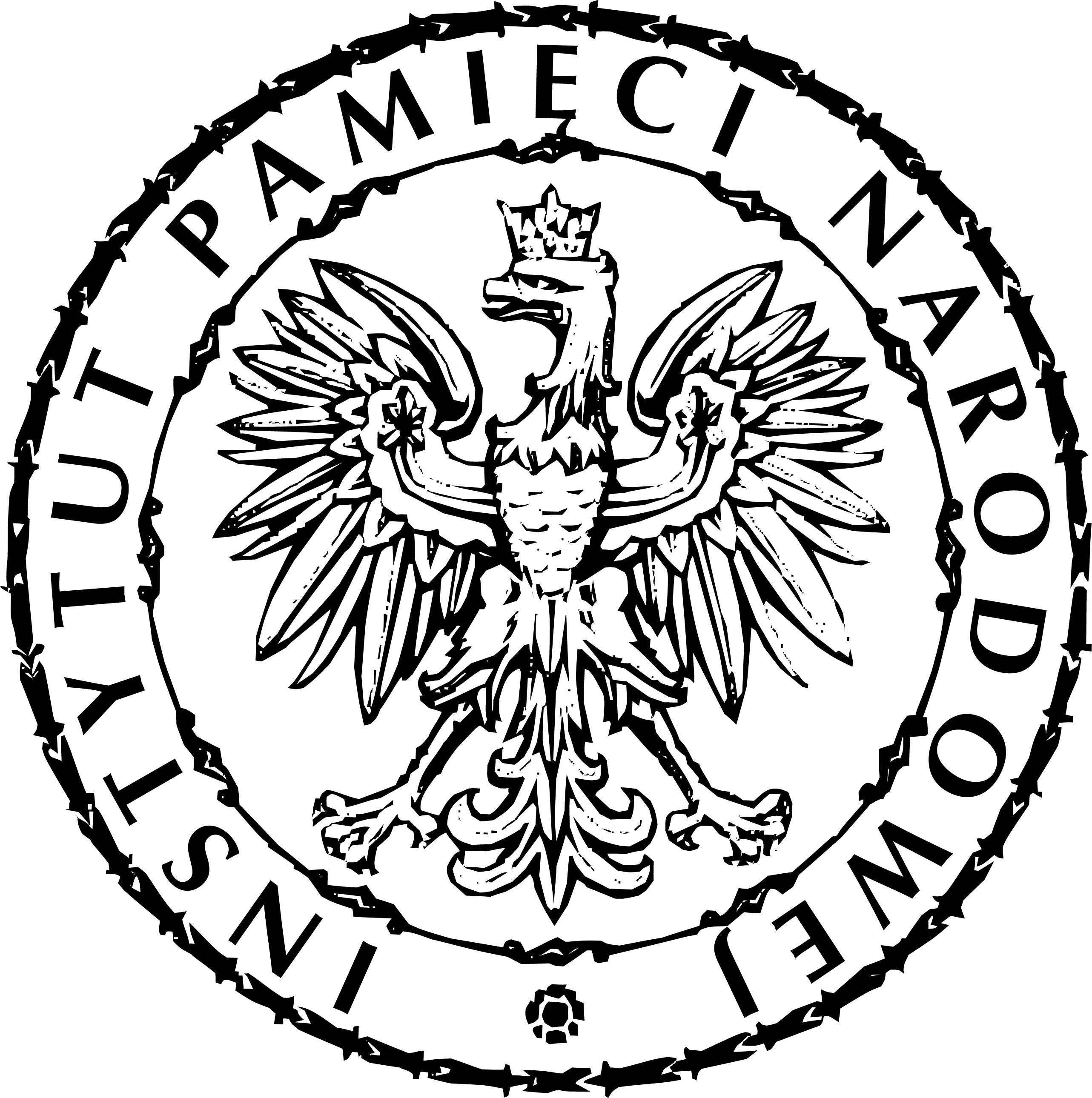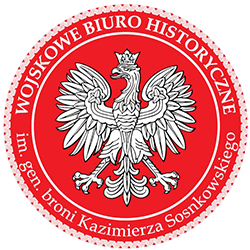Due to their great failure – Department II of the Ministry of Public Security had set about arresting people. Pilecki was apprehended on May 8, 1947, and during the days between the 6th and 22nd – a total of 23 people were imprisoned, out of which only 7 were considered innocent and released. Since May 9, 1947 – Witold Pilecki became an inmate of the solitary confinement cell at the X Pavilion of the Mokotów prison. The investigation on Pilecki’s activities was carried out by Colonel R. Romkowski. The interrogation protocols are covered in handwritten footnotes and orders (all gathered at the Archives of the Chief Commission for the Prosecution of Crimes against the Polish Nation).
Interrogated by lieutenants: S. Łyszkowski, W. Krawczyński, J. Kroszel, T. Słowianek, E. Chimczak, and S. Alaborski – men who were especially famous for their savagery. The interrogative nightmare had lasted Pilecki half a year. On November 4, 1947 in presence of the interrogation officer of the Ministry, lieutenant M. Krawczyński, and a prosecutor of the Public Prosecutor's Head Office, Major Rychlik – Witold Pilecki had confirmed his testimony. He has also placed his signature under the clause, which stated his confessions were made voluntarily and out of his own, free will.
The truth was in fact, quite the opposite – Pilecki was brutally tortured! This is confirmed by the testimonies of other prisoners – his cellmates as well as of two priests – Jan Stępień and Antoni Czajkowski, who were also held in Rakowiecka street prison at the time. The signing of the documents though, meant that the investigation could be finalized and the signee had a chance to escape further brutalization and the torment of interrogations. Moreover – the period of awaiting for the trial, gave Pilecki hope that he could retract the forcefully extorted testimony as well as defend himself from the fabricated, absurd charges.
Immediately after Pilecki was imprisoned – his friends from Auschwitz turned to another, former inmate of the camp – prime minister Józef Cyrankiewicz – with a plea for intervention. Instead of answering them, Cyrankiewicz had submitted a letter to the presiding judge, suggesting that the activity of “Tomasz Serafiński” in Auschwitz – be not taken into consideration, and that Pilecki should be dealt with as the “enemy of the people and of the People’s Republic of Poland”.
The trial of Witold Pilecki and his companions: Maria Szelągowska, Tadeusz Płużański, Szymon Jamontta-Krzywicki, Maksymilian Kaucki, Jerzy Nowakowski, Witold Różycki and Makary Sieradzki begun on March 3, 1948 in the quarters of the Warsaw’s Regional Voivodship Court on Nowogrodzka street.Even though the process was officially open to the public, it was only the family and the Ministry officials who were allowed in, based on entry tickets (!) especially issued for this occasion. The presiding judge was lieutenant colonel Jan Hryckowian, with the other members of the judicial bench being: Captain Józef Badecki, Captain Stefan Nowacki and lieutenant Ryszard Czarkowski. Witold’s accuser was the vice-prosecutor of the Chief Military Prosecutor’s Office – Major Czesław Łapiński. He accused Pilecki of weapons possession, which he’s kept hidden and unused – just as the rest of the Warsaw Uprising partisans. The following accusations concerned the preparation of armed assassination attempts on prominent figures of the government, which were later concealed due to the fact that most of the evidence was left over after a failed provocation. The final charge was the unlawful use of false identification documents under the name of Roman Jezierski. During the trial, the prosecutor did not allow for the questioning of neither his witnesses (which were in most part imprisoned themselves) nor did he permit to the witness stand, anyone who could defend Pilecki.
The verdict was decided outside the courtroom. In reality the process was only a source of providing the propaganda material needed to prove the theory of the spy activity of “Witold’s group” and their collaboration with the Germans during the occupation. Moreover, his case was to serve as an example to the rest of the society and suppress the anticommunist reactions. This is also why the prosecutor called for capital punishment for the persons trialed. In their last statement, the accused denied once again any charge of spying as well as any conscious activity of that sort. On the other hand they’ve emphasized their military service to the good cause.
On March 15, 1948 a sentence was announced: Witold Pilecki, Maria Szelągowska, and Tadeusz Płużański were sentenced to death. Makary Sieradzki received life in prison, and a few others were sentenced to long time prison terms. As the justification for the death sentences, the military court stated: „they have committed the heaviest crime of high treason and betrayed the entire nation; they were characterized by especially bad will; expressed hatred for the People’s Republic of Poland and the social reforms; they’ve sold out to the foreign intelligence service and showed particular devotion in their spying activities”. It is easily noticeable that this explanation only reinforces the political and propagandist status of the process and the sentencing. The appeal, which was submitted by the attorneys only turned out to be successful for Maria Szelągowska, who’s death sentence was changed to lifetime imprisonment, as her gender was taken into consideration. In time, Tadeusz Płużański managed to receive the same reduction of sentence. The final bid for clemency, sent to the president – Bolesław Bierut, by Pilecki’s attorney, his wife Maria, and his friends from Auschwitz, was eventually turned down.
On May 25, 1948 at 9.30 PM, in presence of the Vice-prosecutor of the Chief Military Prosecutor’s Office – Major S. Cypryszewski, the warden of the Mokotów Prison – Col. Ryszard Mońko, a medic – Col. doctor Kazimierz Jezierski and a clergyman – father Capt. Wincenty Martusiewicz, Witold Pilecki was executed and secretly buried, (most likely) in what’s called a “Meadow” (“Łączka”) – today a part of the “Ł” quarter of the Powązki Cementary.
It is only in September 1990 that the Supreme Court acquitted the Rotamaster and his companions, exposed the unjust character of the verdict, and emphasized the patriotic attitude of the persons sentenced in this trial.
In July 2006 – President of the Republic of Poland – Lech Kaczyński – awarded posthumously Witold Pilecki with the Medal of the White Eagle, in recognition of his valiant merits.
Lidia Świerczek
Muzeum of Wola


